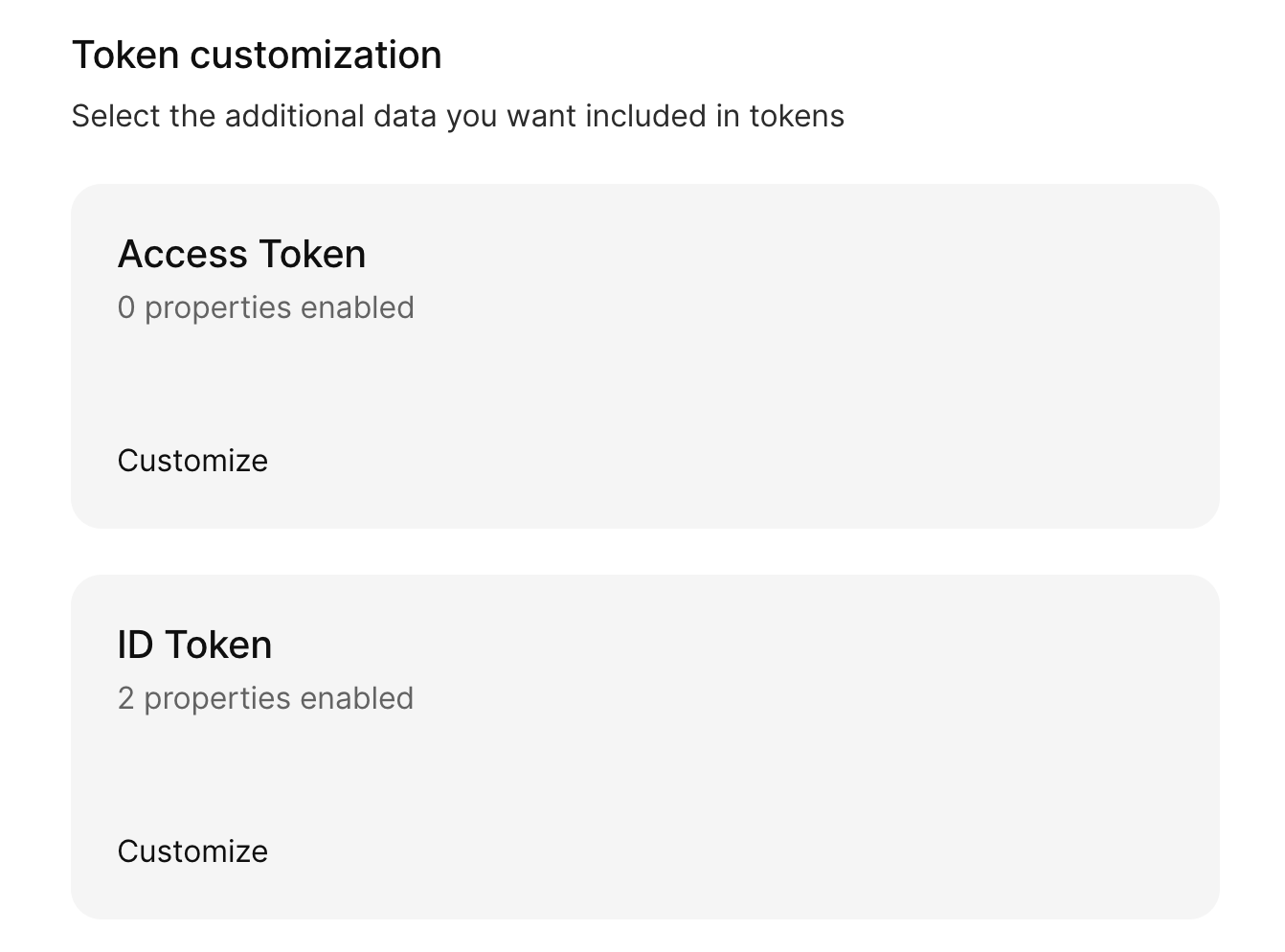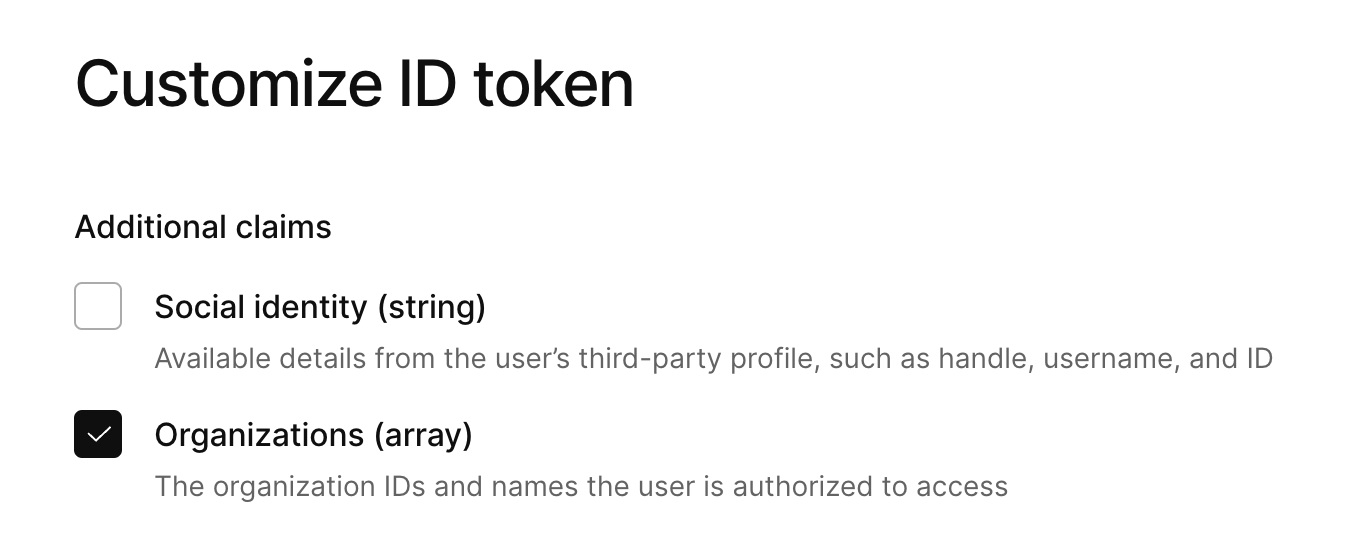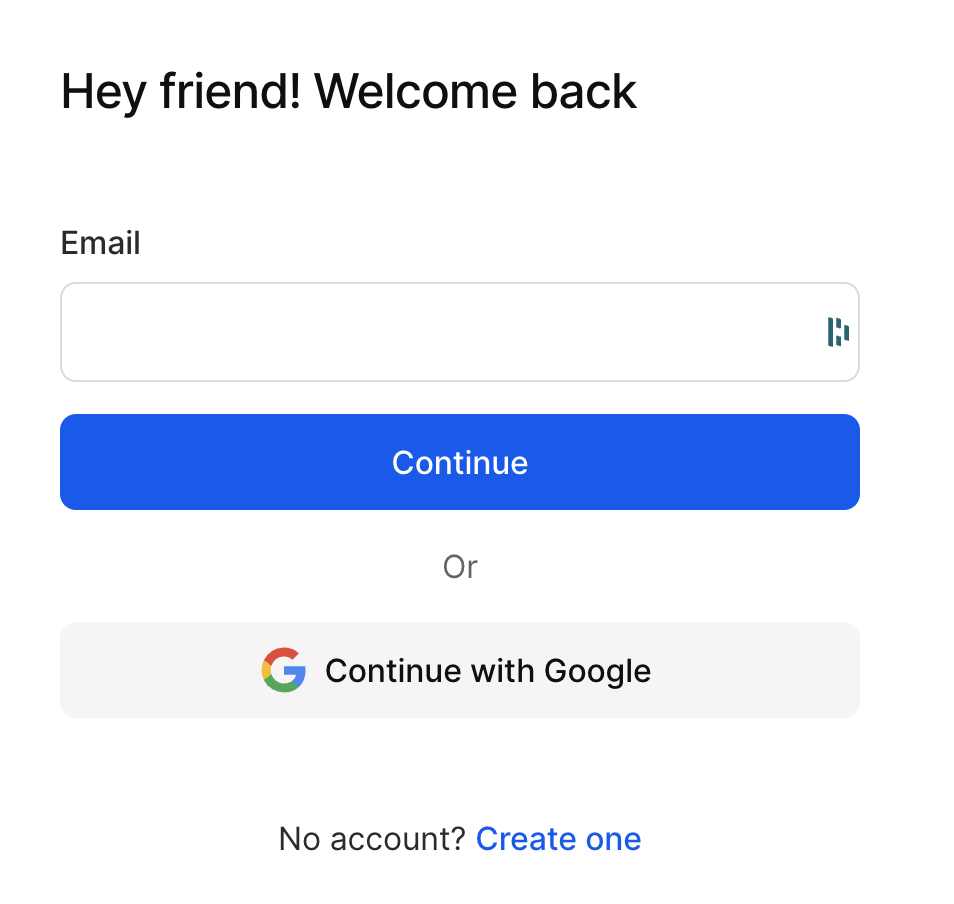moroshko
Explore posts from serversDTDrizzle Team
•Created by moroshko on 11/11/2024 in #help
Best column type for storing a small WAV file in Postgres
I have a small audio WAV file that I'd like to store in a column. What column type is best suited for that? I'm using Neon db Postgres.
Note: I'm aware that I could store it in a storage like S3, but given the file is very small, I'd like to explore storing it in Neon.
1 replies
How to perform an async operation in Web Socket's onMessage?
I'm using Web Sockets with Bun, and wondering what's the idiomatic Hono-way of awaiting a Promise in onMessage (which is a sync method)?
I tried to use setTimeout and Promise.then(), but their callbacks are never executed.
2 replies
DTDrizzle Team
•Created by moroshko on 6/8/2024 in #help
How to type an optional included relation?
I'd like to implement a function that given an email returns a user.
The function also gets an optional
includeContacts boolean. When true, all user contacts should be returned as well.
Here is what I currently have:
The problem is that user contacts are not included in the returned type.
Ideally, contacts will be a non-optional field in the returned type when includeContacts is true.
Is this possible to achieve?
Here is my schema:
2 replies
KKinde
•Created by moroshko on 4/28/2024 in #💻┃support
Custom properties added to the wrong token

19 replies
KKinde
•Created by moroshko on 4/28/2024 in #💻┃support
Extending KindeIdToken type to include the `organizations` claim

6 replies
KKinde
•Created by moroshko on 4/28/2024 in #💻┃support
useKindeAuth isLoading doesn't change to false
Trying to get the org in a client component, but
isLoading does not change to false.
What am I missing?
4 replies
KKinde
•Created by moroshko on 4/28/2024 in #💻┃support
Getting organization handle in id token claims
When user visits
myapp.com/org-handle, I'd like to check whether the user has access to the org-handle organization, and if so, show them the page.
I found how to add organizations to the id token claims, but this array contains the org id and name only. I'd like the org handle to be there.
Is this possible?
If not, what's the recommended way to check whether the user has access to a specific org given an org handle?
I also tried to fetch the list of all organizations using the Management API, but the handle is not returned there either.8 replies
KKinde
•Created by moroshko on 4/27/2024 in #💻┃support
How to sign the user out when /logout is visited?
In my Next.js App Router application, I'd like to automatically sign the user out when the user visits
/logout. This could be helpful if the user is stuck in some weird UI state due to a bug, or the "Sign out" button is not rendered for some reason.
Having a simple /logout page to reset the auth could be a time saver at times.
How could I achieve this?2 replies
KKinde
•Created by moroshko on 4/27/2024 in #💻┃support
isAuthenticated === false vs user === null
Is there any difference (maybe performance?) between:
and
?
2 replies
KKinde
•Created by moroshko on 4/27/2024 in #💻┃support
Multi-factor auth using SMS - Where is the user's phone number stored?
I enabled "Multi-factor authentication". The first time I logged in using Google, I was asked to enter my phone number to receive the verification code.
I then logged out and logged in again. This time, the verification code was automatically sent to my previously entered phone number, which was very nice.
However, I thought that the phone number would be stored in the Phone field on the user page, but the Phone field is blank.
Where does Kinde store my phone number, and what happens if I enter a different phone number in the Phone field?
3 replies
KKinde
•Created by moroshko on 4/27/2024 in #💻┃support
Protecting routes in Next.js App Router middleware
Docs at https://kinde.com/docs/developer-tools/nextjs-sdk/#protect-routes-using-middleware mention:
As of right now the middleware in the app router does not work when trying to redirect to api/auth/login. This is because of Next.js caching which causes issues during authentication.Should I read this as "currently, protecting routes in the middleware doesn't work, and the code examples mentioned in this docs section won't work either"? When the user is signed out, and I navigate to http://localhost:3000, I can see that the middleware is hit with the
api/auth/login pathname.
So, I'm trying to understand what exactly is not working in the middleware.
On another note, withAuth() doesn't seem to be properly typed. Any plans to have proper types so that we could see for example what type publicPaths is in the middleware options? I could probably guess that it's an array of strings, but no idea for example if regex is supported. Having some examples in the docs would also help 🙂10 replies
KKinde
•Created by moroshko on 4/27/2024 in #💻┃support
User's first and last names are overridden when user logs in using Google
After user signs up using Google, their first and last names in KindeUser are pre-populated from the Google account.
I then go to the Kinde UI and update user's first and last names (these fields are not disabled after all, suggesting they can be modified).
If the user now signs out and logs in again, my custom set first and last names are overridden by the Google account's ones.
Is this expected? If so, why the first and last names fields in the Kinde UI aren't disabled?
5 replies
KKinde
•Created by moroshko on 4/27/2024 in #💻┃support
`await getUser()` doesn't return the first and last name
In my Next.js App Router application, in a page component, I get the user:
However, the first and last names are undefined:
I double checked on the Kinde User page that the user id and the email are the same and that the first and last names are set there.
What am I missing?
5 replies
KKinde
•Created by moroshko on 4/27/2024 in #💻┃support
Does Kinde provide Login/SignUp components for custom Login/SignUp pages?

14 replies
DTDrizzle Team
•Created by moroshko on 8/7/2023 in #help
How to separate Dev data from Prod data with one Postgres instance?
I'd love to use Drizzle with Vercel's Postgres Storage (Neon). On the Hobby plan, Vercel offers only one Postgres instance.
I realize it's not a Drizzle specific question, but would love to know what's the easiest/best practice these days to separate Dev data from Prod data if all I have is a single Postgres instance? Any references to publicly available code examples would be hugely appreciated 🙏
1 replies
